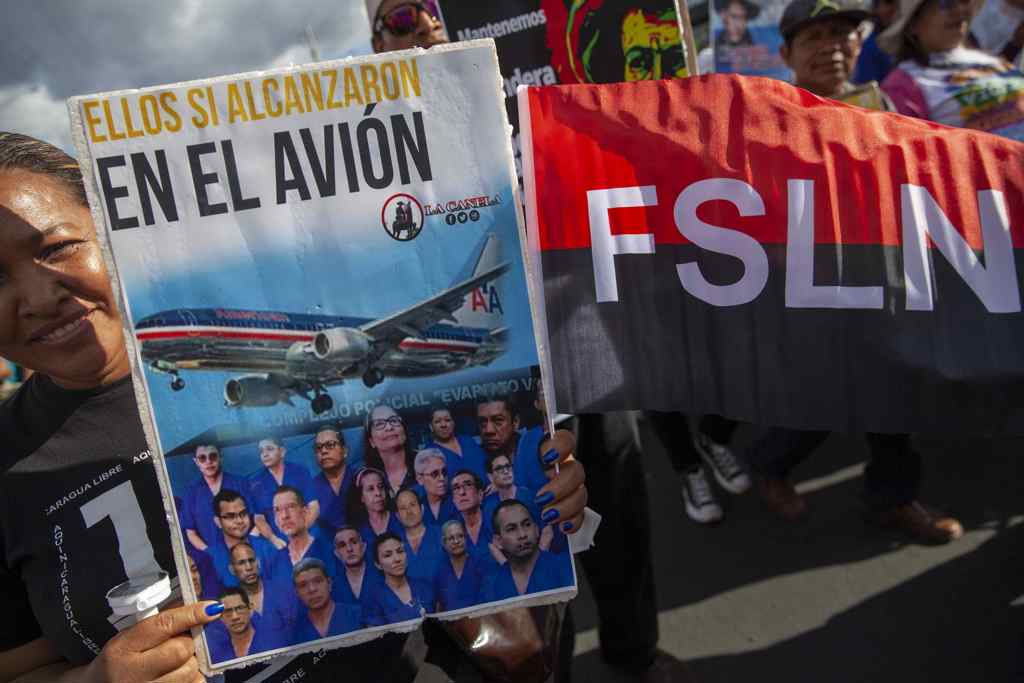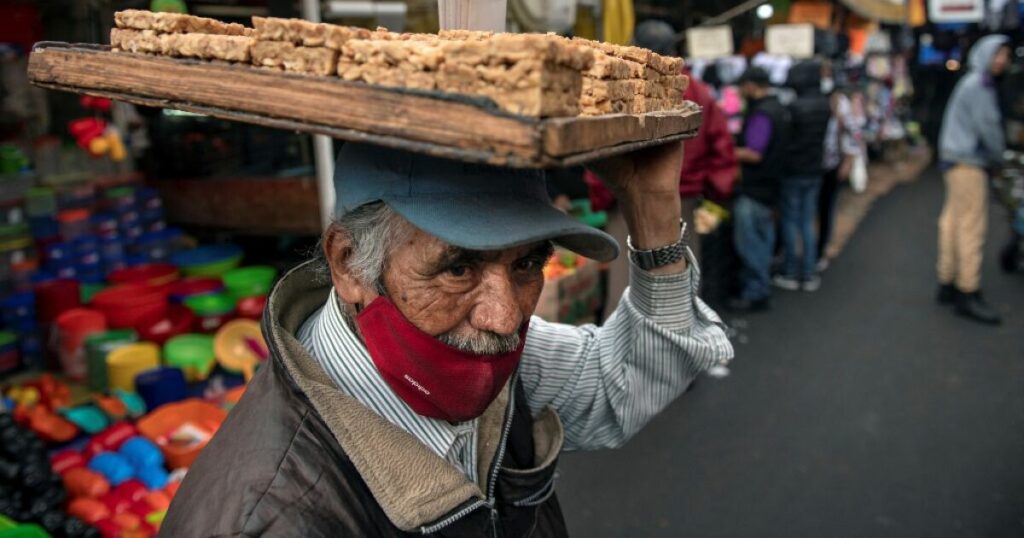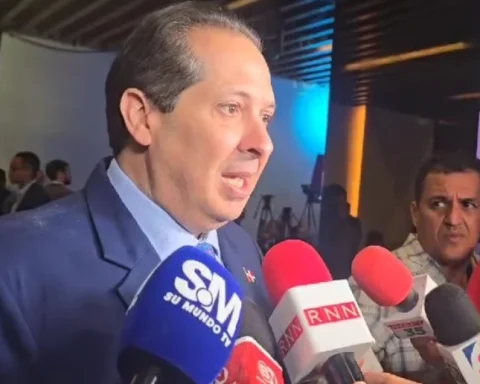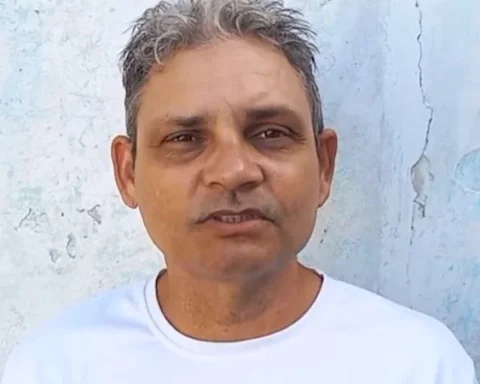Costa Rica affirmed this Tuesday, February 21, that Nicaragua violates international law and conventions on statelessness, with the “arbitrary deprivation” of nationality to 317 Nicaraguans.
“For Costa Rica, which maintains a strong presence in international human rights forums, the situation in the sister country contradicts the obligations that every State has within the framework of international law, which prohibits arbitrarily depriving nationality for racial, ethnic, religious reasons or politicians,” Vice Chancellor Christian Guillermet-Fernández said in a statement.
In the statement, the Costa Rican Foreign Ministry indicated that it “echoes the recent demonstrations by international organizations that express concern about the arbitrary deprivation of nationality of more than 300 Nicaraguans.”
The Foreign Ministry joined the United Nations Organization and other multilateral organizations, which point out that “the measures taken by the Nicaraguan authorities, to promote a legislative reform that allows the arbitrary deprivation of a person of citizenship, contravenes the Convention on the Statute of Stateless Persons of 1954 and the Convention to Reduce Cases of Statelessness of 1961, of which Nicaragua is a party”.
The Costa Rican government urged Nicaragua to “comply with its international obligations to guarantee the enjoyment of the right to nationality and to take measures to prevent and eradicate statelessness, and especially, to respect the human rights of its citizens.”
The Ortega regime withdrew the nationality of 317 people in less than 15 days for their criticism of Ortega, who also ordered the exile of 222 former political prisoners, who were released and sent on a plane to the United States on February 9, accused of ” treason against the country.”
Among the “stateless” are the writers Sergio Ramírez and Gioconda Belli -both exiled in Spain-, as well as the journalist Carlos Fernando Chamorro, the feminist Sofía Montenegro and the ex-guerrilla Dora María Téllez.


















